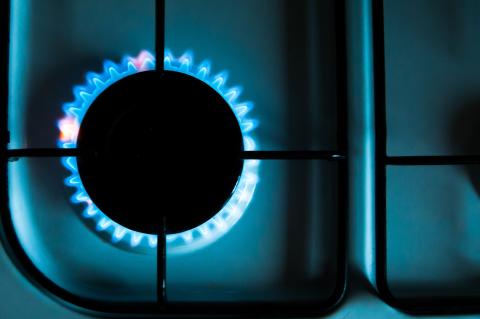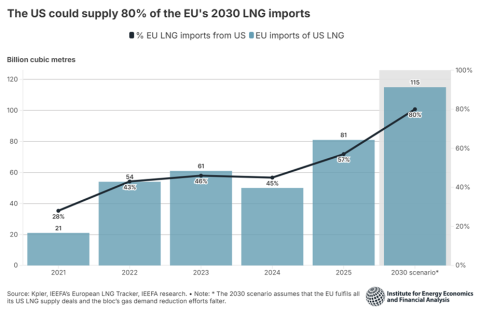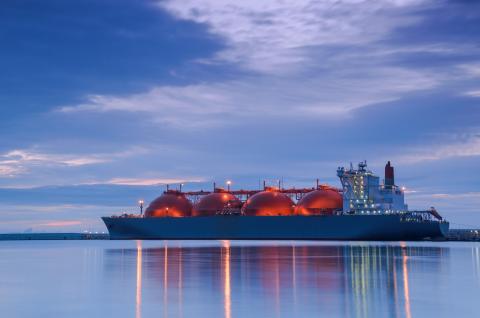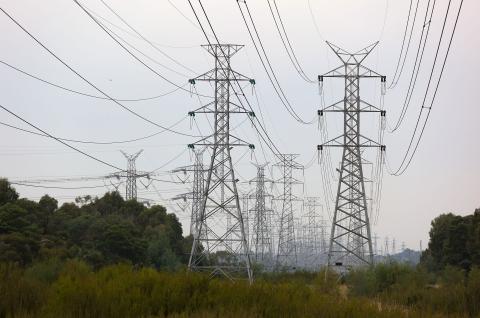Australian gas companies need a new strategy as they enter a declining market
Download Briefing Note
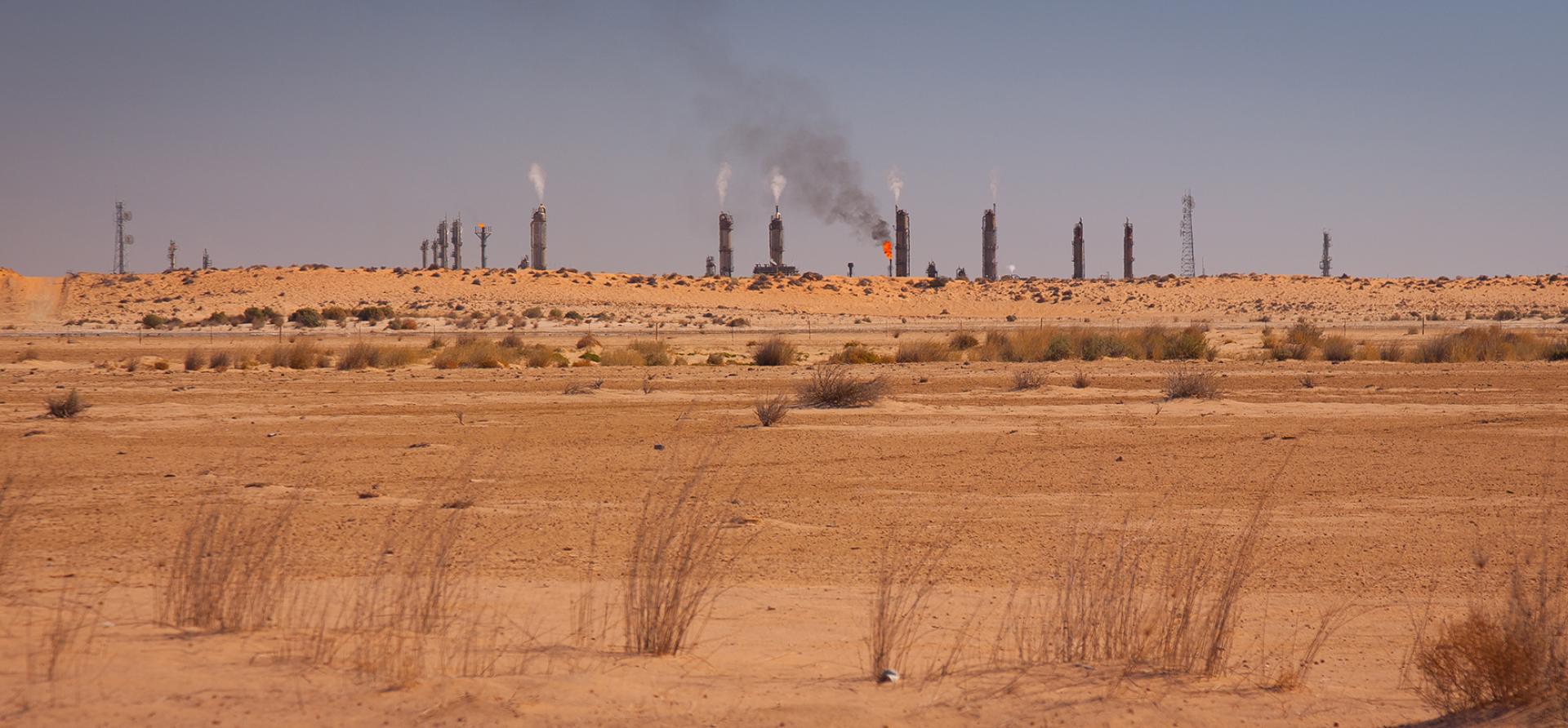
Key Findings
After decades of growth, Australian oil and gas companies face a sudden shift to a declining market as major customers reduce demand, and replacement markets face an uncertain future.
For Australian oil and gas companies such as Santos and Woodside, the main strategic options in a declining market are “quick divest” and “harvest” – which focuses on reducing costs to maximise cash flows.
Australian oil and gas companies have high costs and growth plans, and will need a swift change in focus if they want to succeed in this new environment; this will likely require new capabilities in their executive teams and boards.
Summary
This analysis is for information and educational purposes only and is not intended to be read as investment advice. Please click here to read our full disclaimer.
The International Energy Agency (IEA) recently predicted that global gas demand will start declining this decade even in its most conservative scenario, aligned with about 2.4°C global warming. Japan and South Korea are already seeing declines in liquified natural gas (LNG) imports, and various barriers are expected to constrain future demand from emerging Asia.
At the same time, global supply is increasing at a rapid pace, which is expected to lead to an LNG supply glut in the second half of this decade. Australia is a relatively high-cost gas producer compared with other countries such as Qatar and the US, which dominate the forecasts for upcoming capacity increases. Under those global conditions, it is likely that Australian gas companies are entering a declining market for their LNG.
Two main strategic options are available for Australian oil and gas companies to try and succeed in this new context: “divest quickly” (sell their business in its early stages of the decline to maximise investment recovery); or “harvest” (cut costs and investments to maximise cash flow before selling or liquidating the business).
In Australia, BHP and Origin Energy are examples of companies who already chose a full or partial “divest quickly” strategy. For companies that choose to continue their oil and gas operations, high exit barriers, falling sales and oversupply are likely to lead to “fierce price warfare”.
Australian LNG producers are likely to face challenges in this environment. They have relatively high production costs, are much smaller than many of their global competitors, and have a history of cost overruns. However, large opportunities exist to reduce costs by curtailing growth. Moving from a high-growth to a low-cost focus will be a significant shift for companies, which likely require new mindsets and capabilities for their management teams and boards.
Download the Full Briefing Note











